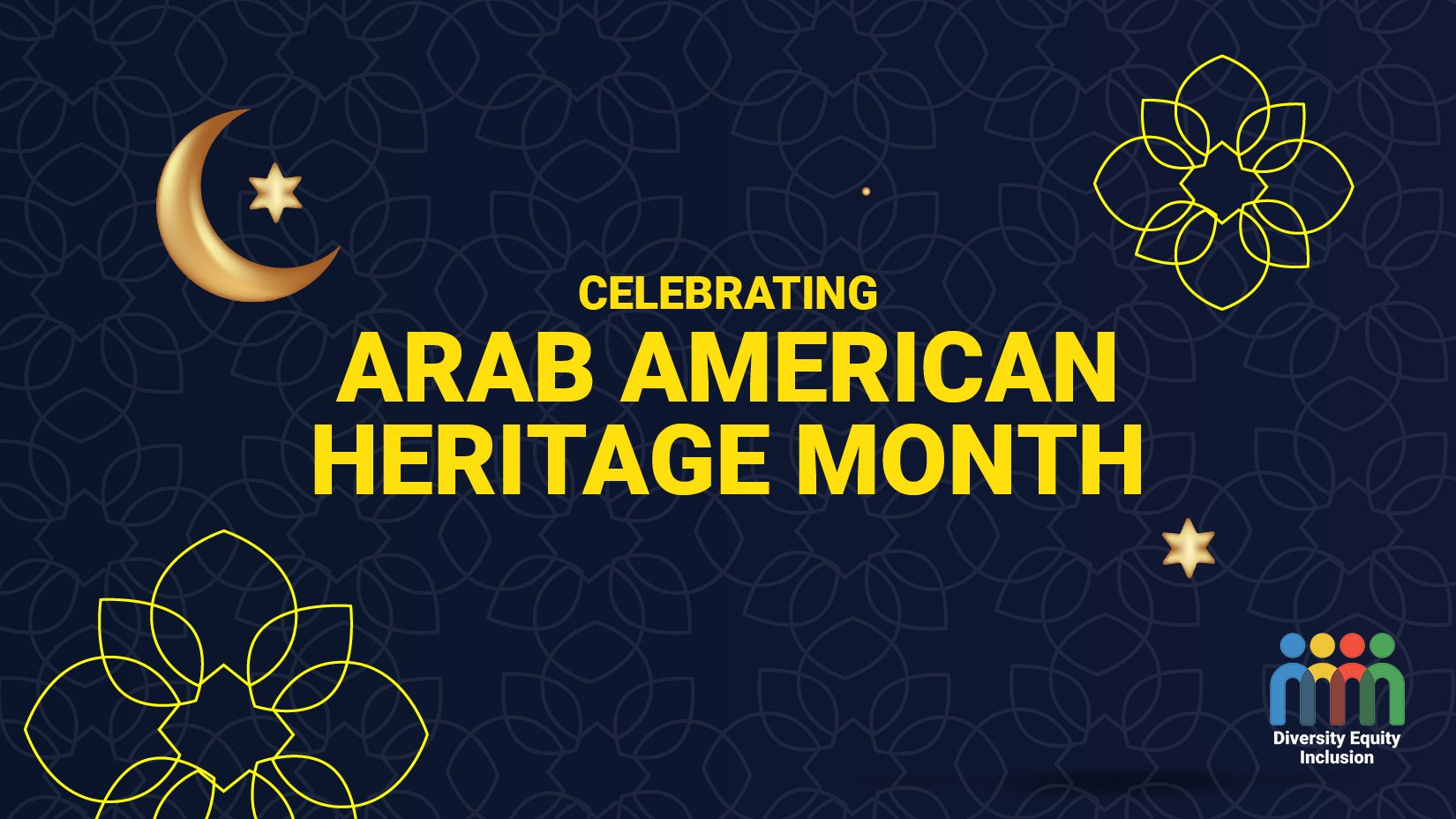In celebration and recognition of Arab American Heritage Month

Arab American Heritage Month serves as a platform to honor and celebrate the rich cultural heritage, experiences, and enduring contributions of Arab Americans to our society. It is a time to recognize the resilience, creativity, and achievements of Arab Americans across various fields, from art and literature to science, politics, and beyond.
Arab American scientists have left a lasting mark on the scientific landscape through their pioneering discoveries and groundbreaking research. From interpreting the intricacies of genetic disease to developing innovative medical treatments, their contributions have saved lives and alleviated suffering throughout the world. Moreover, their relentless pursuit of knowledge has helped to unravel the mysteries of the natural world, expanded our understanding of the universe, and inspired future generations to explore the frontiers of scientific discovery.
We’d like to highlight a few Arab American scientists from the past and present that have had profound impacts on their respective scientific fields.
Elias Zerhouni is a radiologist and biomedical scientist who served as the 15th director of the National Institutes of Health (NIH) from 2002 to 2008. He made significant contributions to the field of medical imaging, particularly in the development of magnetic resonance imaging (MRI) technology.
Ahmed Zewail is a Nobel Prize-winning chemist known for his pioneering work in femtochemistry, the study of chemical reactions on extremely short timescales. He won the Nobel Prize in Chemistry in 1999 for his development of femtosecond spectroscopy.
Farouk El-Baz is a prominent geologist and space scientist. He played a key role in the Apollo space missions as a principal investigator for lunar exploration. He is also known for making significant contributions to the study of planetary geology and remote sensing techniques.
Huda Zoghbi is a neuroscientist and geneticist, renowned for her research on neurodevelopmental disorders, particularly Rett syndrome. She has made groundbreaking discoveries in understanding the genetic basis of neurological disorders and has received numerous awards for her work.
Fadwa El Guindi is an anthropologist and has conducted extensive research on cultural anthropology, with a focus on Middle Eastern societies. She has published numerous studies on topics such as gender, identity, and ritual practices in Arab and Muslim cultures.
Resources to explore:
- Arab America's list of the 10 Most Famous Arab American Scientists
- Proclamation of Arab American Heritage Month
On March 29th, 2024 The White House announced the proclamation of Arab American Heritage Month, representing a momentous recognition of the cultural richness, diversity, and contributions of Arab Americans to the fabric of American society. - Six Groundbreaking Innovations by Arab Americans
Americans born in or with ancestral ties to Arab-speaking countries have made countless significant scientific, medical and engineering contributions.